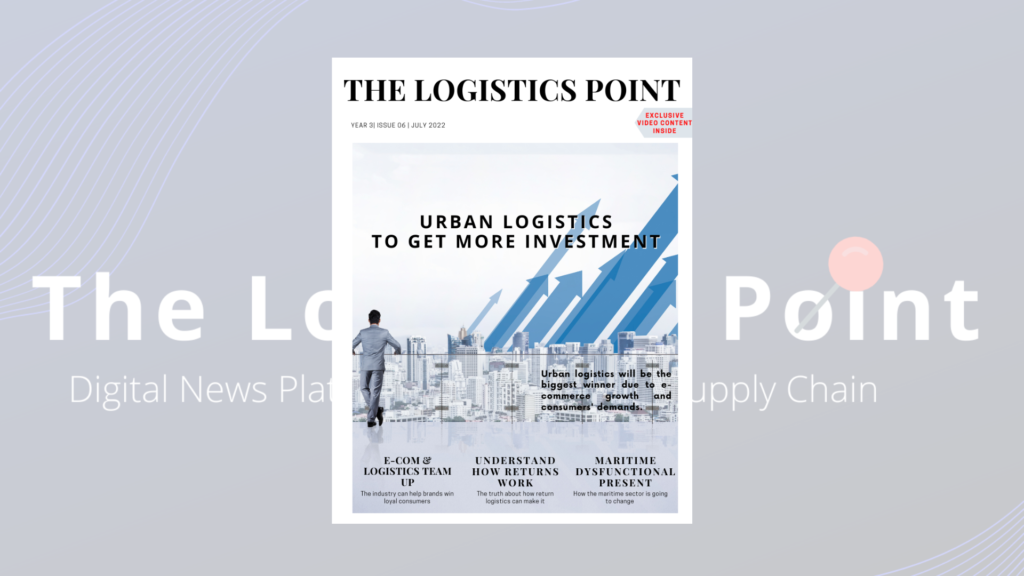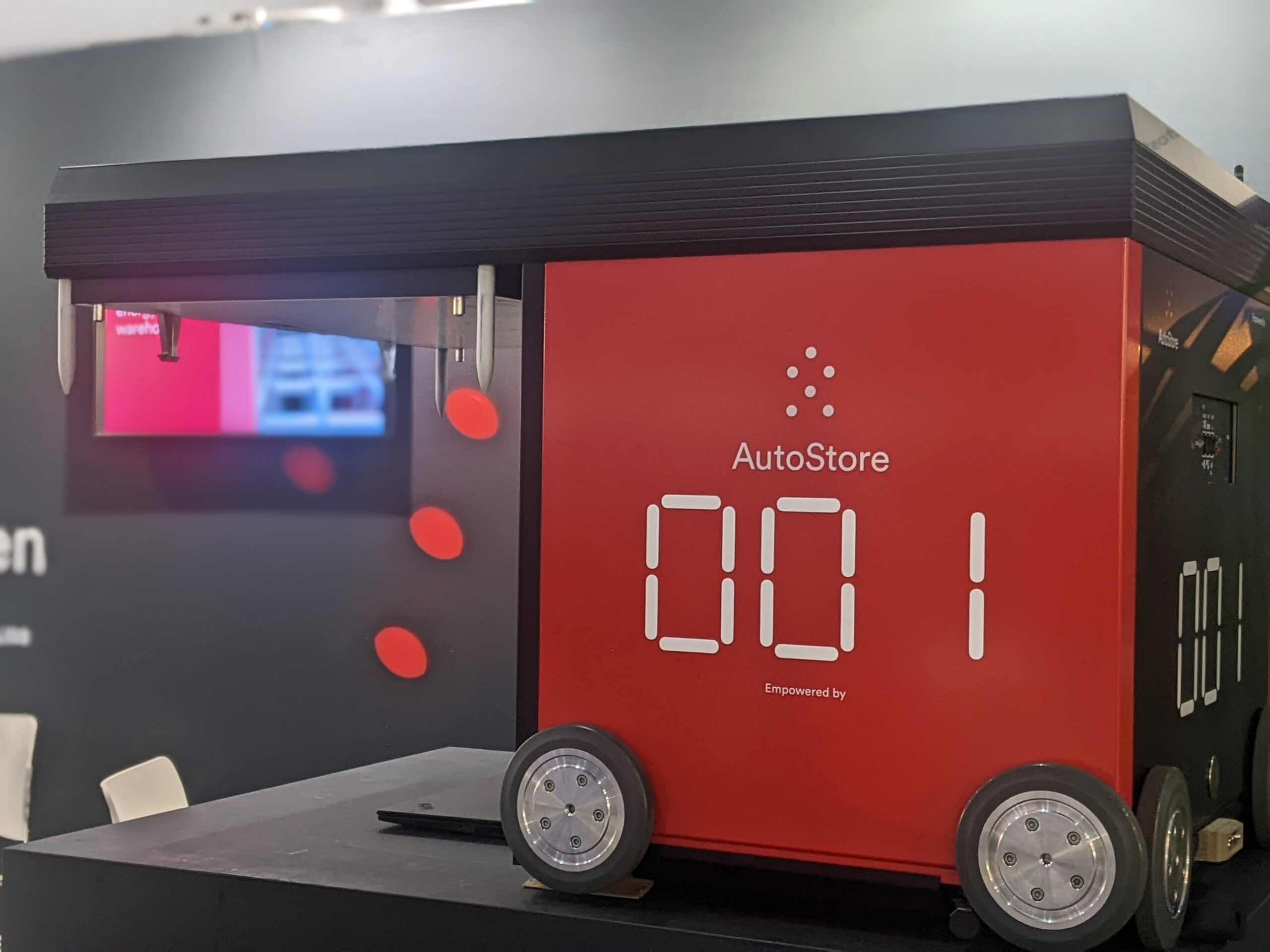How can digitalization and blockchain improve traceability of scope 3 carbon emissions, which are the most difficult to assess? And how can technology drive transparency to multiple stakeholders, such as investors, consumers, and the broader society? This is the focus of the research project led by Dr. Leonardo Marques, professor at Audencia, and supported by Cartesi Labs. The project brings together experts from academia, NGOs and corporate leaders to reflect on two decades of the Carbon Disclosure Project and the lack of control and transparency of scope 3 impact. The results will be released in spring 2023.

Blockchain to the rescue of scope 3 carbon emissions
Reducing carbon emissions is the key performance indicator for companies in responding to the climate crisis. However, supply chain emissions are categorized as indirect. They are part of scope 3, which is the most difficult to measure, as it covers the vast majority of emissions linked to a company’s activity. Nevertheless, it is necessary for companies to take responsibility for and account for emissions that occur outside their direct influence.
For 12 months, Professor Leonardo Marques will be coordinating a panel of experts. The aim? To discuss how digitalization and blockchain can help measure, monitor and disclose scope 3 emissions along the supply chain. This project reviews data reported by over 13,000 companies in the past decade in the Carbon Disclosure Project, while advancing the discussion on why scope 3 is predominantly missing. Audencia’s research will compile the views of experts across sectors, who will help produce global recommendations. The results of this work will be published in spring 2023.
Ensuring transparency of emissions is a key dimension of the social impact Audencia aims to have. Solutions driving the transparency of scope 3 emissions can indeed empower multiple stakeholders to take effective action, from governments to investors, creditors, and the broader society. Having access to accurate and reliable data, concerned communities are provided with the means to demand accountability from companies, and are committed to enabling more progress on these issues.
The support of Cartesi Labs
In May, the Cartesi Foundation’s Cartesi Labs Programme awarded a grant for this research work, which is fully in line with its commitment to support research and develop new applications for the blockchain ecosystem. Cartesi’s Blockchain OS bridges Linux and mainstream software components to blockchain, making it easier for businesses to tap into blockchain-based solutions. Instead of building from scratch, The Blockchain OS allows developers to build decentralized solutions to monitor carbon emissions with the technical language they are familiar with and with tools that have already been developed over the past 30 years, which will accelerate the implementation of sustainable solutions for businesses.


